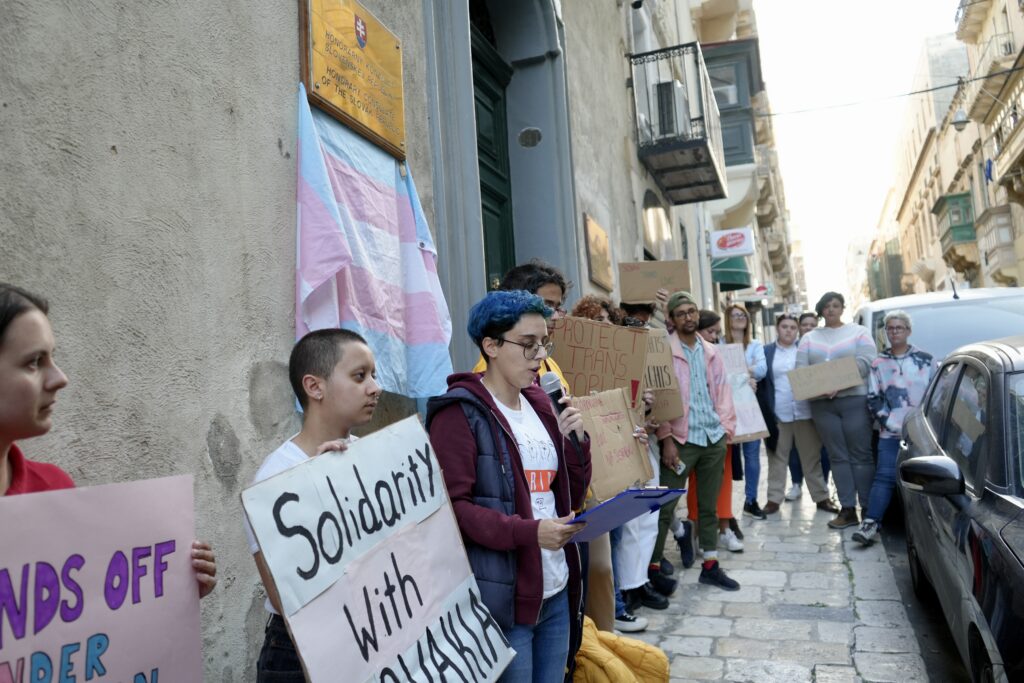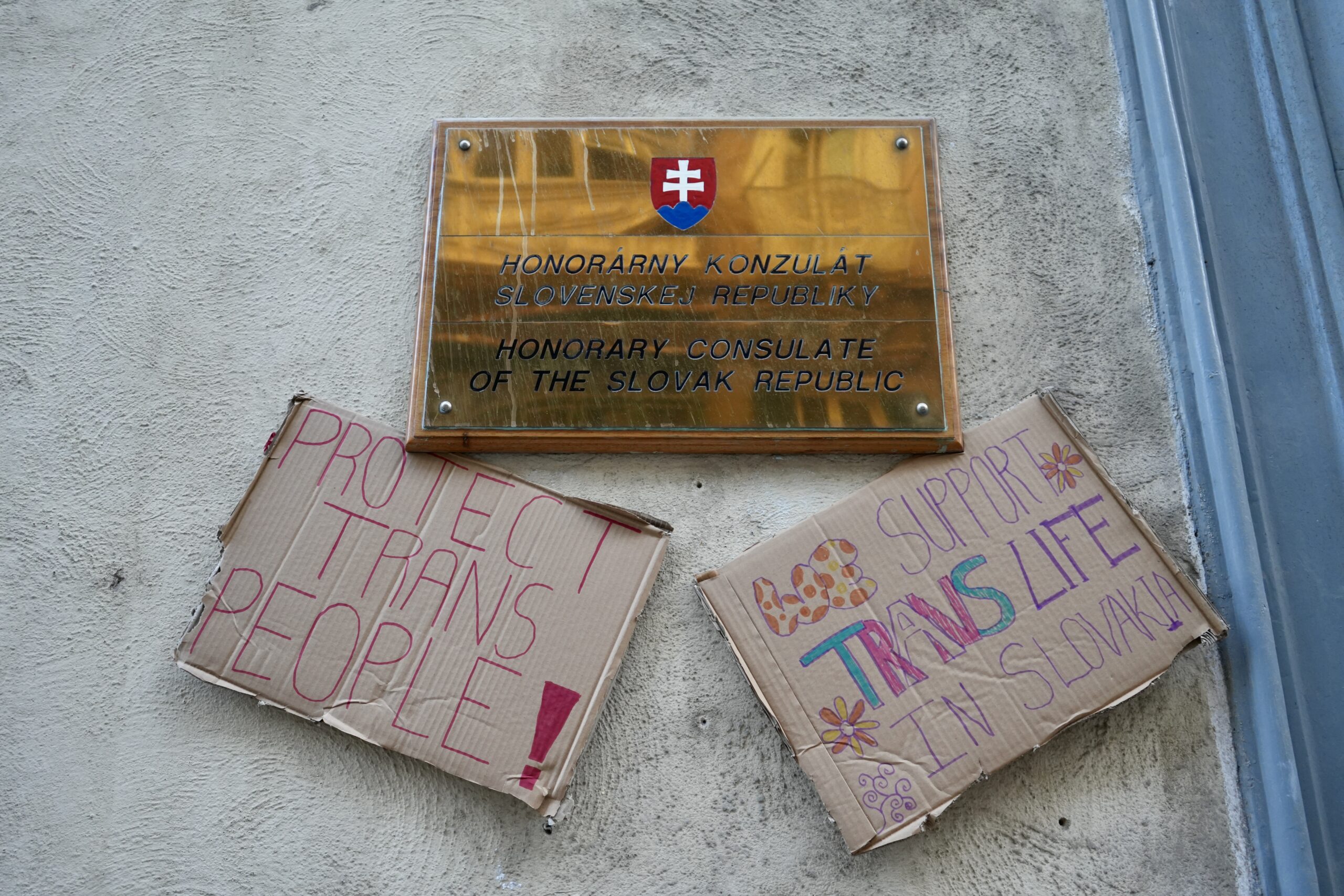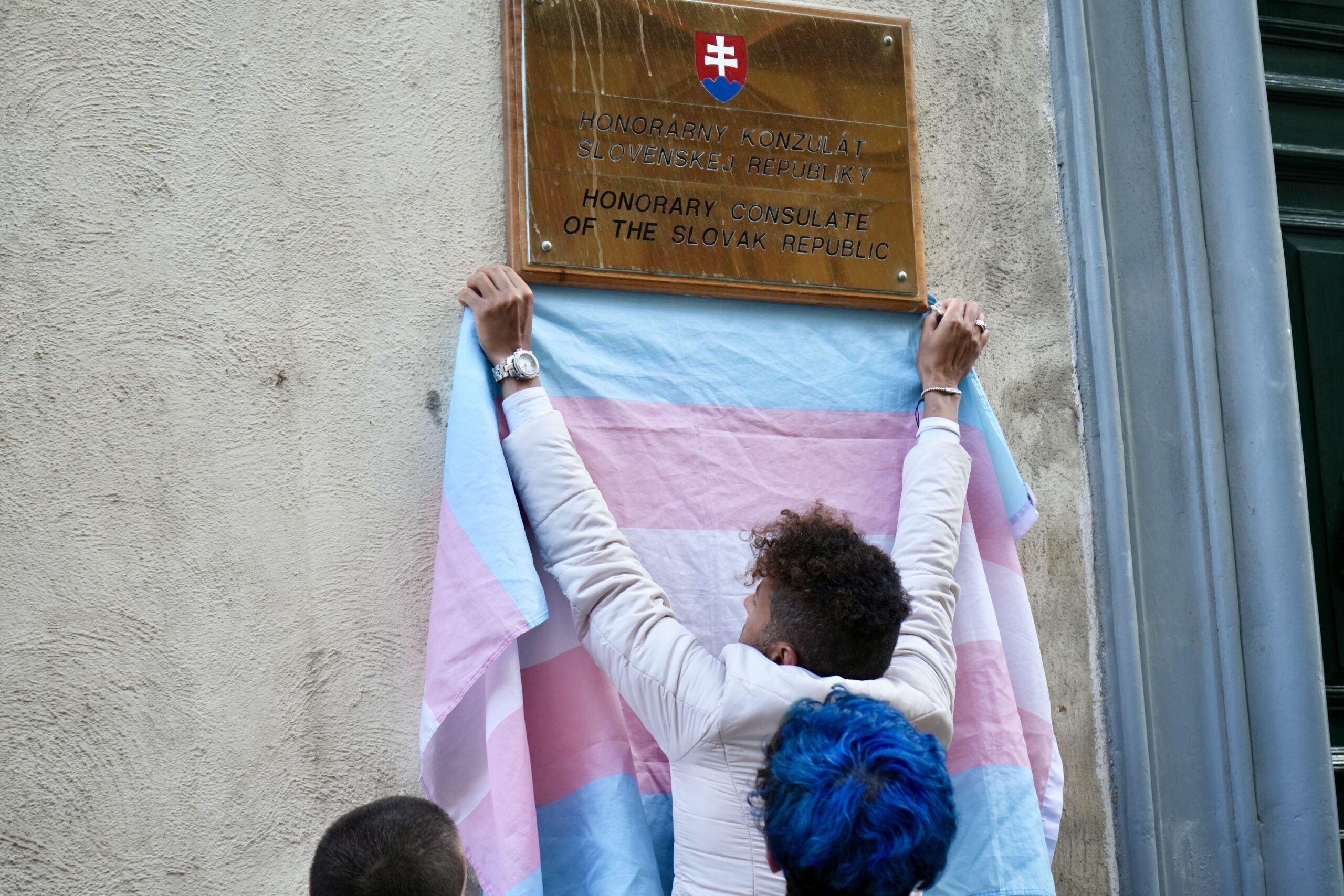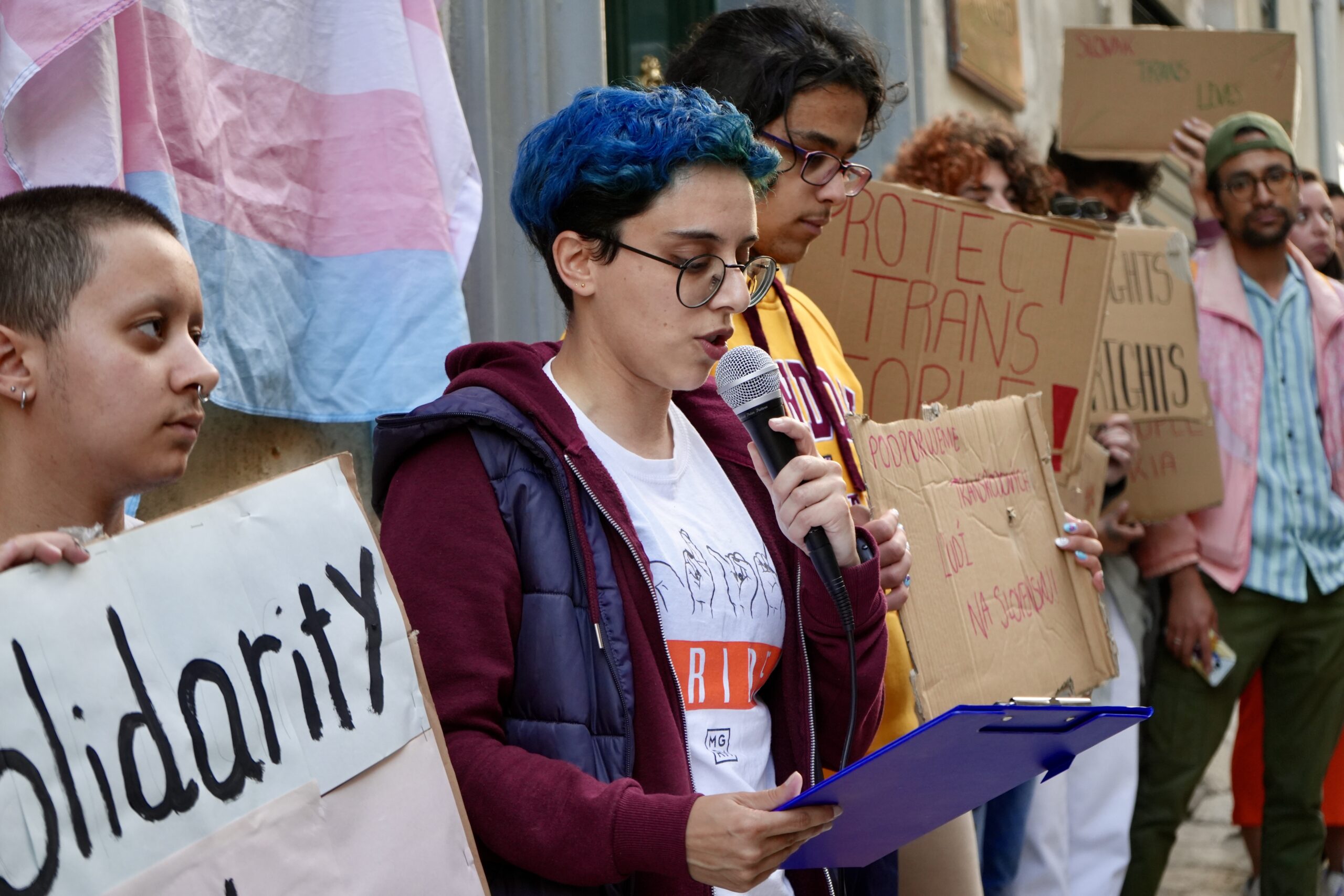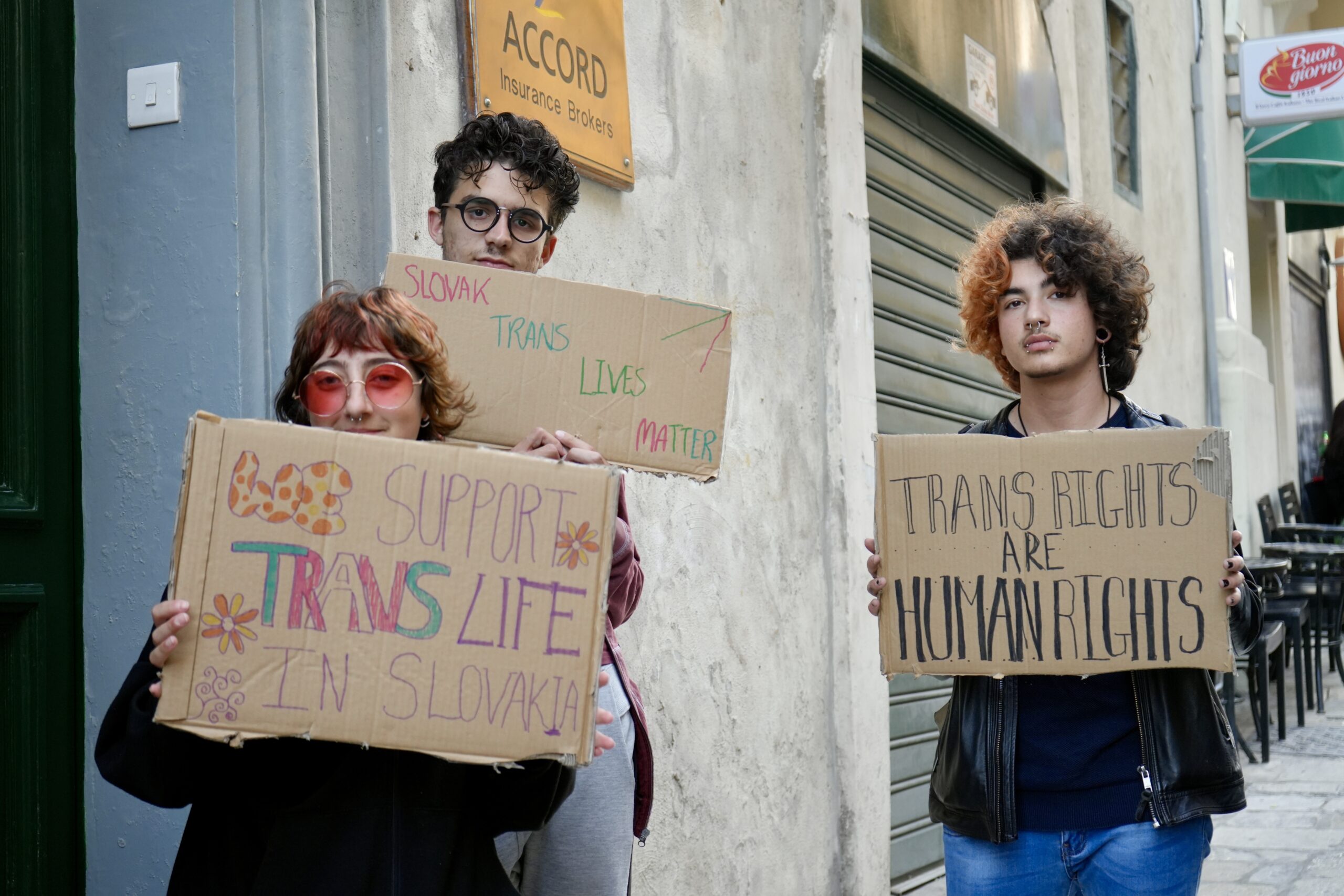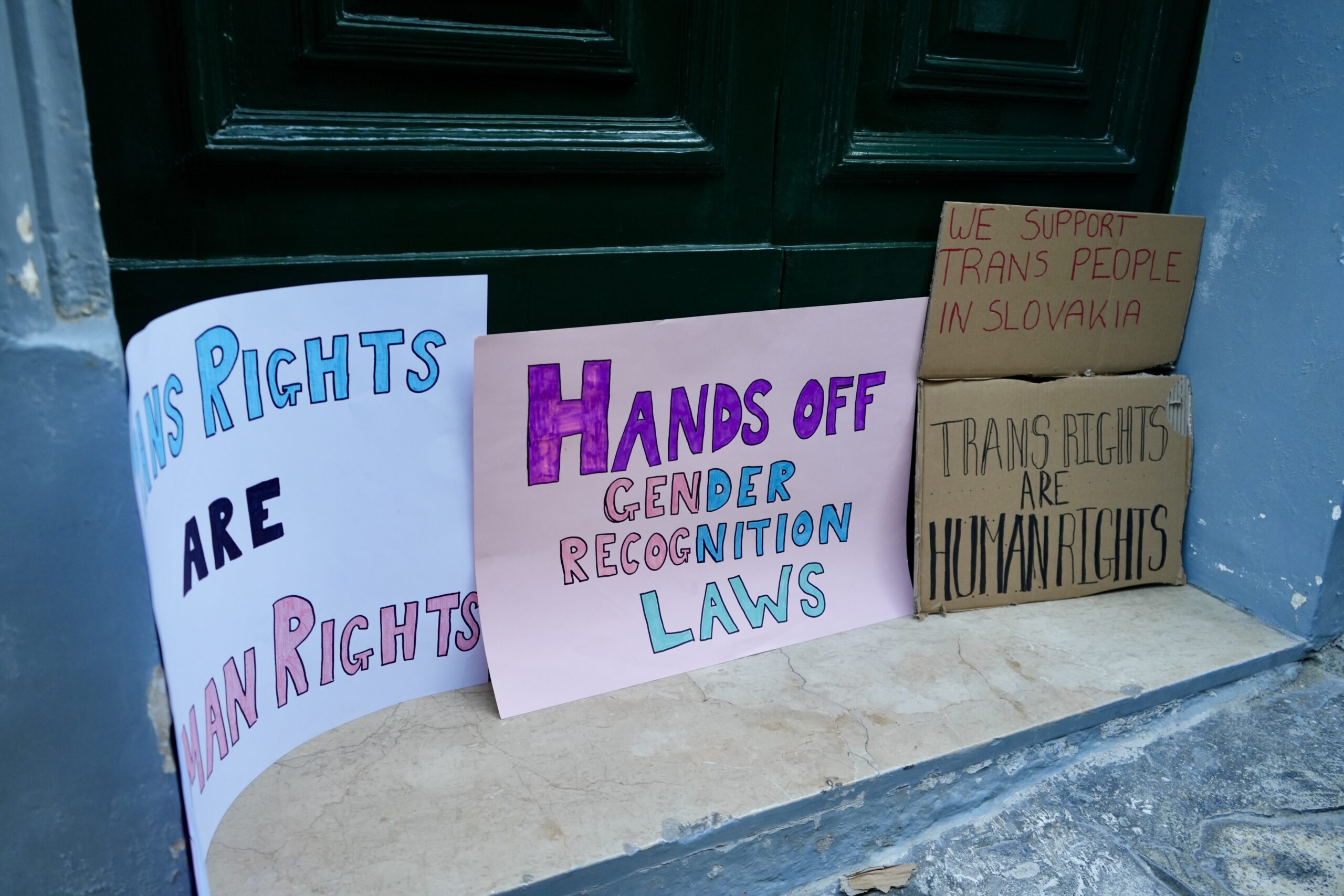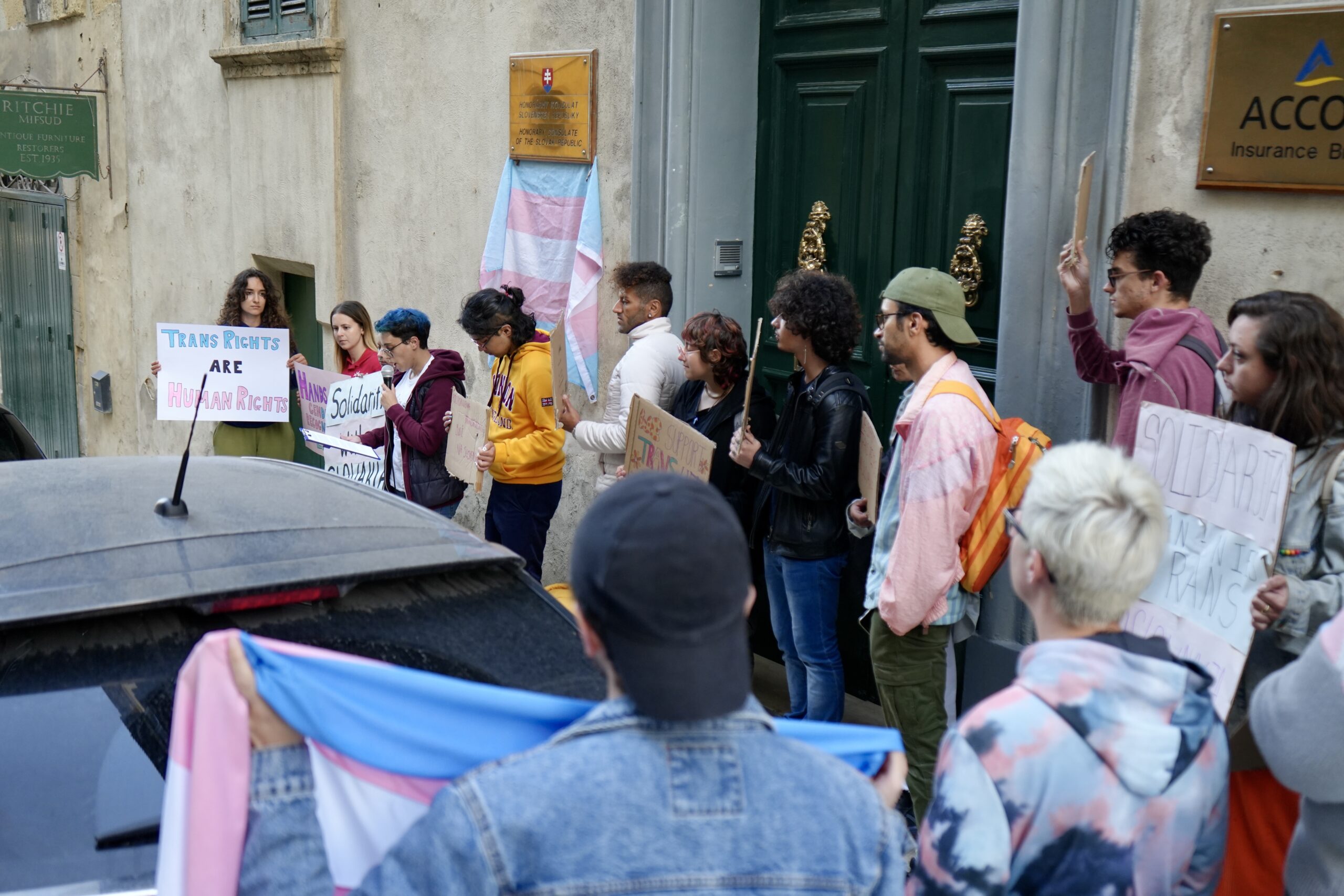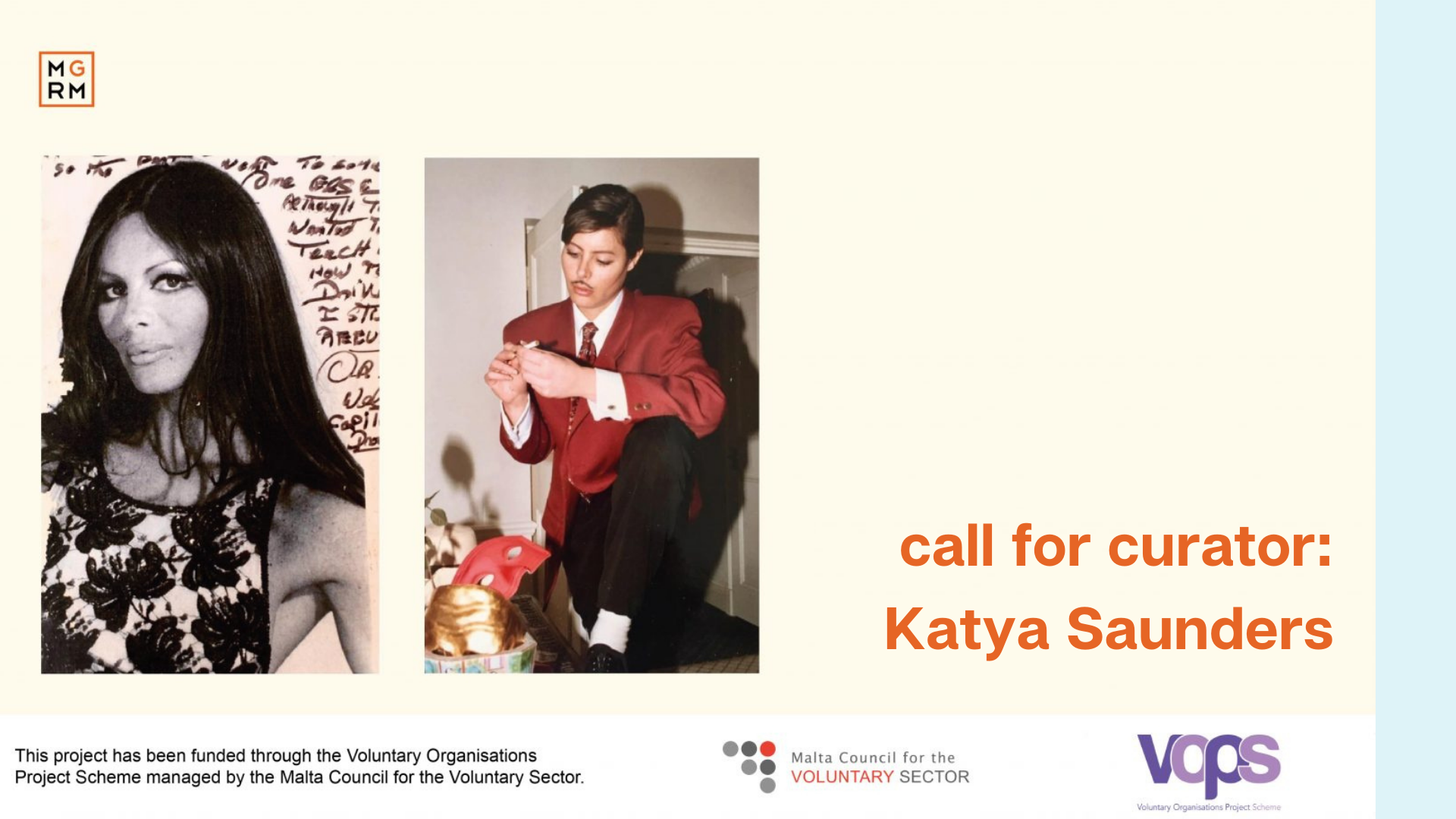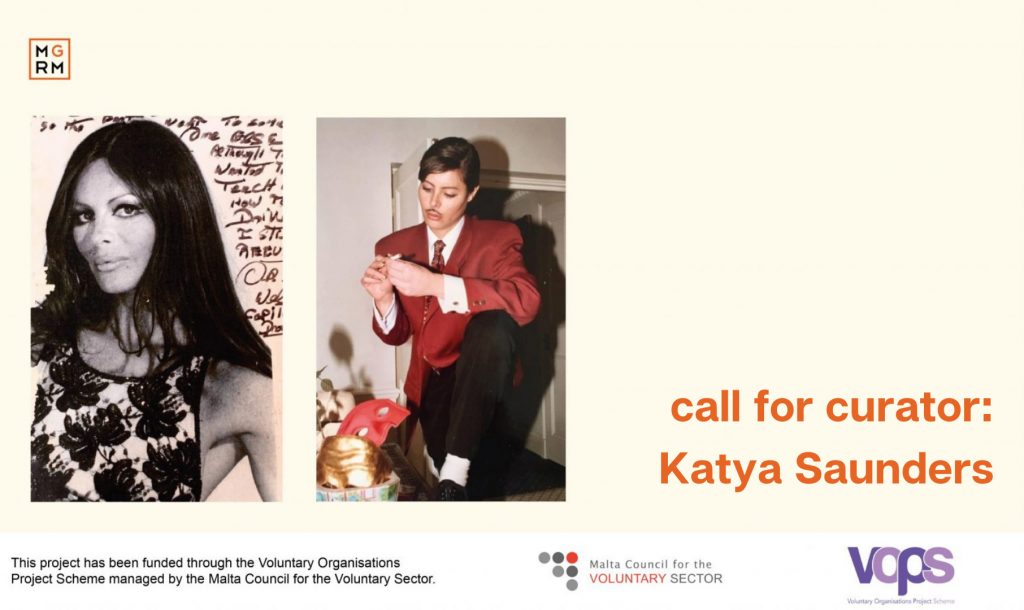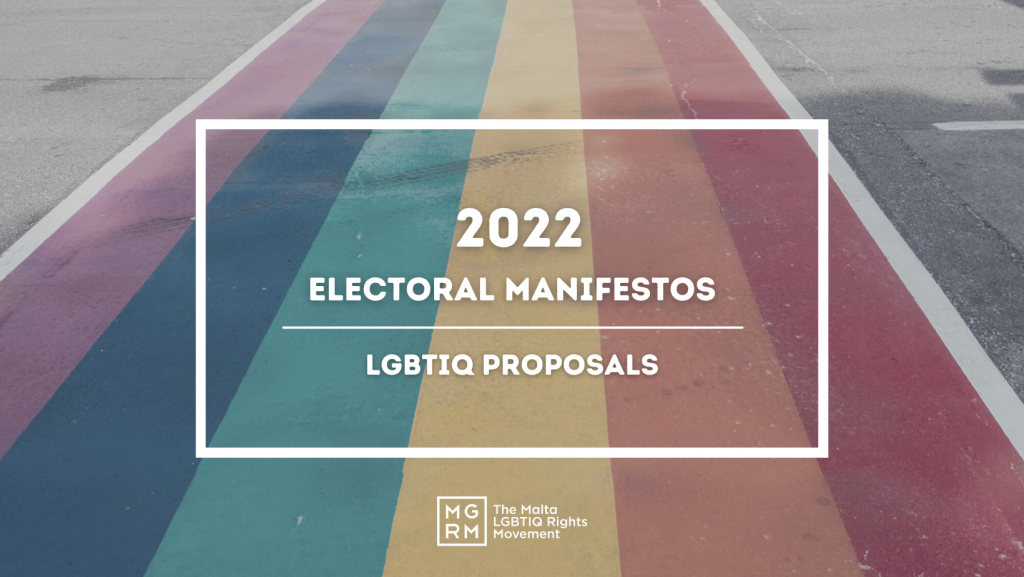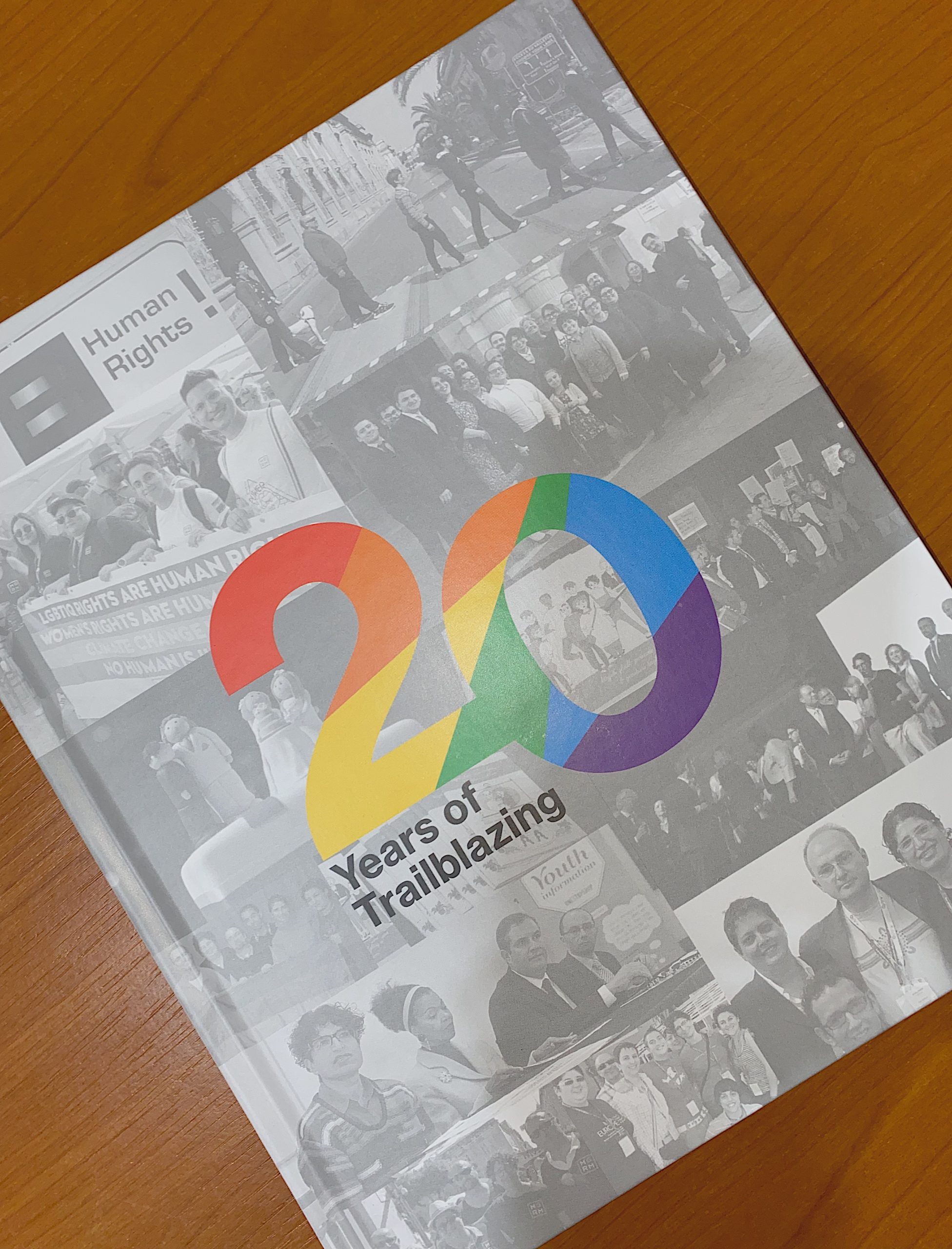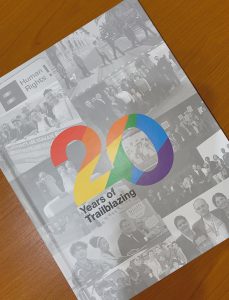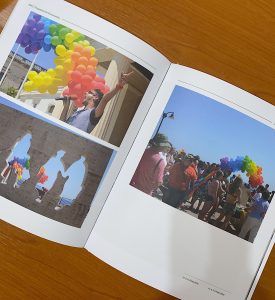
The European elections are nearing, and we’ve collected information you might find useful to inform your choices this Saturday.
There is also a free tool we found on Times of Malta that helps you match your views with the main local and European parties. https://euandi.eu/en/survey/european-elections.html

The European elections and LGBTIQ Rights
We contacted various local candidates contesting the EU elections, asking them to protect the rights of LGBTI people as future elected members of the European Parliament, by signing the “Come Out 4 Europe” pledge.
The upcoming European Parliament elections will be a pivotal moment for the future of the EU. As we witness the rise of political forces that question or attack freedom, basic fundamental rights and democracy, it is a time when we must all pull together for the Europe we want to see.
Is it just about LGBTIQ rights?
LGBTIQ rights do not exist in a bubble, and apart from intersecting with other groups (disability, age, ethnicity to name a few), LGBTIQ persons should also enjoy other fundamental rights. These include the right to healthcare (general as well as sexual and reproductive healthcare), freedom of movement, asylum, education, freedom of expression, and freedom from discrimination amongst many others. Any work at EU or national level to hinder or roll back any human rights will affect the LGBTIQ community in Malta and across Europe too. Our country is the ‘top’ in LGBTIQ rights in Europe, but our rights can be taken away much faster than they were achieved.

Who pledged to protect LGBTIQ Rights?
24 candidates have signed the “Come Out 4 Europe” pledge.
We are aware that some candidates or their political parties in government have pledged to protect LGBTIQ rights, while they have made comments, proposed or incorporated policies/legislation that negatively impact our community and other areas which affect LGBTIQ persons, such as trans and gender diversity, asylum and reproductive healthcare. We will continue to monitor local and EU level discourse, to hold candidates and their political parties accountable to our community for their work.
Independents
Arnold Cassola, James Ryder Muscat
ADPD (4 candidates)
Sandra Gauci, Ralph Cassar, Mina Jack Tolu, Rachelle Deguara
Volt Malta (1 candidate)
Matthias Iannis Portelli
Partit Laburista (9 candidates)
Thomas Bajada, Steve Ellul, Clint Azzopardi Flores, Claudette Abela Baldacchino, Jesmond Marshall, Jesmond Bonello, Marija Sara Vella Gafa, Daniel Attard, Alex Agius Saliba
Partit Nazzjonalista (8 candidates)
Miriana Calleja Testaferrata de Noto, Norma Camilleri, David Casa, Roberta Metsola, Louise Anne Pulis, Peter Agius, David Agius, Lee Bugeja Bartolo
Who did not pledge to protect LGBTIQ Rights?
Partit ABBA
Ivan Grech Mintoff, Antonia Gauci
Imperium Europa
Norman Lowell, Terence Portelli
Independent Candidates
Noel Apap, Malcolm Bezzina, Nazzareno Bonici, Conrad Borg Manche, Alexander D’Agata, Radu Gheorge, George Grixti, Stephen Florian, Simon Mercieca, Edwin Vassallo, Adrian Zammit

Manifestos of parties whose members signed the pledge
Please note the points below do not reflect the full manifestos, but we are listing keywords that stood out. We encourage voters to be analytical, and compare pledges made with the track record of the party or candidate.
Partit Laburista
Malta first, peace and neutrality, economic competitiveness, climate change, immigration, strengthen connectivity, Gozo, European funds, agriculture & fisheries, future of the EU
See manifesto https://issuu.com/partitlaburista/docs/0806_mep_elections_en
Partit Nazzjonalista
European funds, public transport and alternative modes of transport, the environment as a human right, strengthening democracy and rule of law, Gozo, youths, support farmers, herdsmen and fishermen
See manifesto https://pn.org.mt/?r3d=programm-elettorali
ADPD
The environment (climate change, cleaner modes of transport, pollution and more), education, healthcare, mental health, economy, anti-corruption and strengthening democracy, equality and protection of human rights (including LGBTIQ and asylum seekers), AI, freedom of the press, cooperation and peace in the EU, trade.
See Manifesto https://adpd.mt/wp-content/uploads/2024/05/ADPD-Its-in-your-interest-to-go-Green.docx.pdf
Volt
(Volt is part of a European-wide group with a very detailed manifesto. The below summarises the main points.)
Prosperity of the EU, foreign affairs and defence, green economy, quality of life, anti-discrimination and promoting inclusivity, employment, fighting tax evasion, family planning and inclusive reproductive rights, community social solidarity, mental health, affordable housing, workers’ rights, asylum seeker rights, migration, reform of the EU, anti-corruption, protecting democracy, freedom of press, climate change, renewable and clean energy, sustainability, the environment
See manifesto https://volteuropa.org/storage/pdf/eu-elections-2024/volt-eur-electoral-moonshot-program_v5-final-(1).pdf
Arnold Cassola
Environment & nature (regulating development, access to public coasts, renewable energy, zero plastic, waste collection and more), good governance (rule of law, transparency etc), equal pay for equal work, improvement of minimum wage, youths (investment in sports and programmes, research and innovation, equal opportunities)
See manifesto https://arnoldcassola.eu/en/manifesto/
James Ryder Muscat
James Ryder Muscat’s manifesto is not published, however from statements made in the run up to the election, he is proposing an alternative under the slogan of ‘we’ve had worse’. James has also pledged support for LGBTIQ and reproductive rights.
Notable comments made by non-signing candidates
Partit ABBA
Partit ABBA has made various comments in the past that indicate their leaning to a conservative right-wing approach to politics. Members of ABBA describe themselves and their politics as Christian, which is a position that is largely critical of equal rights for LGBTIQ individuals.
Ivan Grech Mintoff declared on a debate on TVM that he would resign from Partit ABBA and that he would sue the Secretary General of the party for libel. This position seemed to have changed on Thursday 6 June, when Grech Mintoff suddenly promoted Partit ABBA and its other candidate, Antonia Gauci, on his facebook page.
Imperium Europa
Imperium Europa has been described as a ‘neo-fascist’ party, however this claim cannot be clearly confirmed when reading the manifesto of the party. In 2013, Norman Lowell was found guilty of inciting racial hatred.
The manifesto is laden with very neutral language with unclear references to LGBTIQ rights. The only pledge made states that the party is in favour of: ‘Reversing policies based on social construct and recognising the age-old two genders: male and female, while ensuring that homosexual persons are treated equally and with respect.’
Edwin Vassallo
Edwin Vassallo used to be a PN MP up till a few years ago. Having failed to be elected in the latest election, he is now an independent candidate. Vassallo was the only MP to vote against marriage equality in 2017, voted against a gender-based and domestic violence bill in 2018 and in 2019 he famously shared a post in which he warned his followers that someone was ‘injecting fruits with blood containing HIV and AIDS’. Vassallo later apologised for sharing the post. It is worth noting that the HIV virus does not survive outside of the human body. AIDS is a syndrome caused by untreated HIV, so it cannot be spread.
Conrad Borg Manche
Conrad Borg Manche is the mayor of Gzira and previously represented the Partit Laburista from which he resigned in 2023. Borg Manche describes himself as a politician with socialist values. Borg Manche was amongst a group of people who criticised a 2023 EuroPride event in which a drag queen was amongst a line of dancers teaching a dance routine for people including children who voluntarily attended. Therapists specialising in sexual developments debunked the myth, stating that events such as this help children become ‘more tolerant and remove prejudices’
On Wednesday 5 June 2024, Borg Manche declared that if elected he would join the European Conservative and Reformist Group in Parliament. As the name implies, the policies of the group are extremely conservative, and all its members so far include right-wing and far-right politicians, such as Marine Le Pen in France and Giorgia Meloni in Italy.
In a post on his facebook page, Borg Manche shared the group’s position on LGBTIQ rights, seemingly endorsing them. Amongst others, the post stated that the group is critical of ‘proactive politics and laws’ because they promote ‘special rights for the LGBTIQ community, which could discriminate against other groups’. In reply to comments under this post, Borg Manche stated that he is in favour of civil liberties, but then adding that there is an ‘imbalance’ with respect to the ‘family’.

